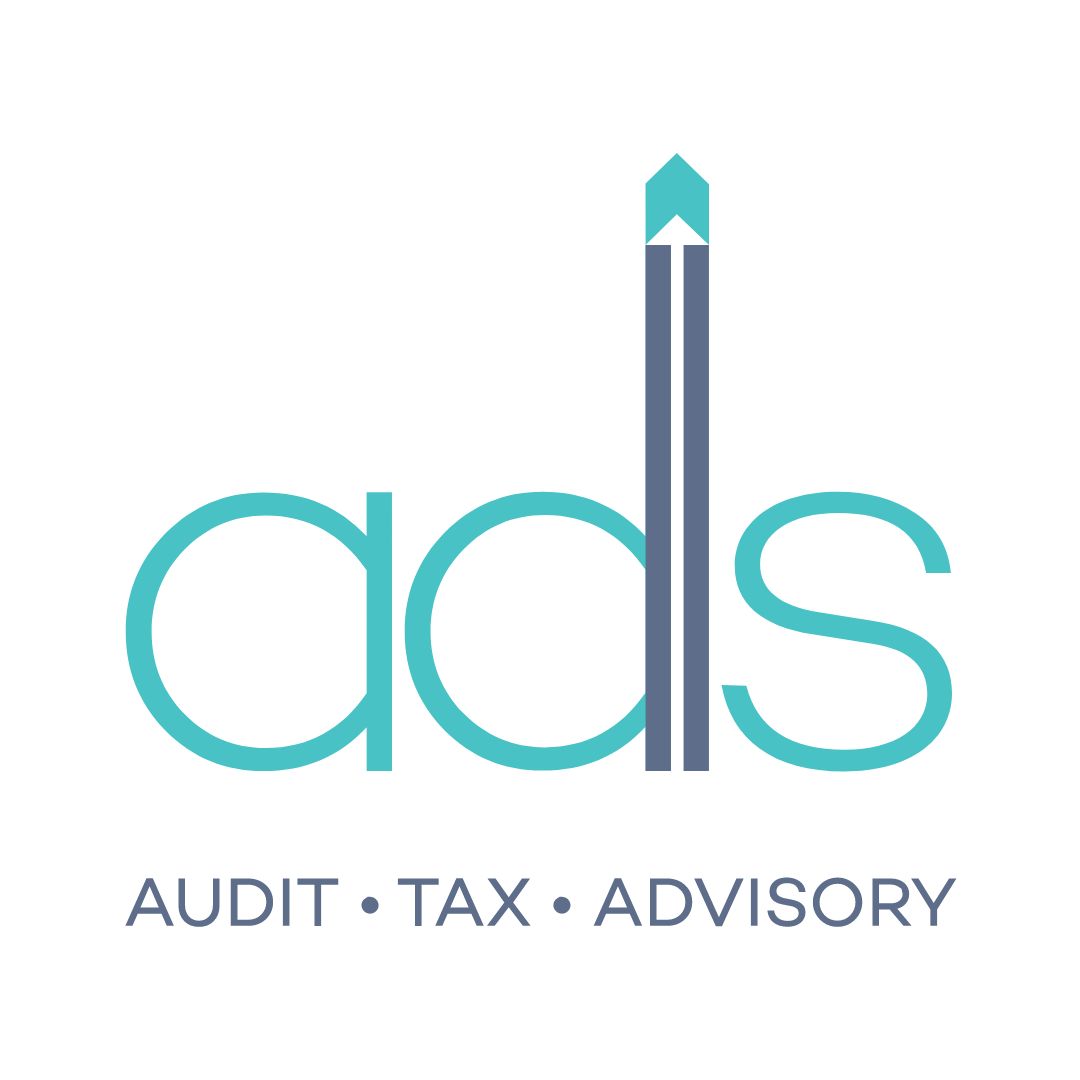
Corporate tax in the UAE, introduced in 2023, is a federal tax levied on the profits of businesses. It features a tiered structure with a 0% rate for taxable income up to AED 375,000, supporting small businesses and startups, and a 9% rate for income exceeding that threshold. Certain multinational corporations may face a higher rate under the OECD’s Pillar Two framework. While most businesses are subject to corporate tax, exemptions apply to government entities, public benefit organizations, and qualifying free zone businesses that meet specific conditions. The tax aims to align the UAE with global standards while preserving its status as a business-friendly hub.
Corporate tax in the UAE applies to most businesses and legal entities operating within the country. Key groups subject to corporate tax include:
-
-
-
- UAE-based Companies: Businesses incorporated in the UAE that generate taxable profits.
- Foreign Companies: Entities earning income from UAE sources, such as branch offices.
- Individuals with Business Activities: Individuals engaged in commercial, industrial, or professional activities under a business license.
- Free Zone Entities: While free zone businesses may benefit from tax incentives, they must meet specific criteria to remain exempt.
-
-
Free zone companies that meet specific regulatory requirements and do not conduct business with mainland UAE are eligible for a 0% corporate tax rate on qualifying income.
Corporate tax in the UAE became effective for financial years starting on or after June 1, 2023.
Corporate tax introduces compliance requirements for businesses, including tax registration, regular filings, and record-keeping. However, it also enhances transparency and aligns with global tax practices.
Documents typically required include:
- Copy of valid Trade License (Must not be expired)
- Valid passports and Emirates IDs of the authorized person and shareholders in the license
- Memorandum of Association (MOA) or Power of Attorney (POA)
- Active contact number and Email ID
- Complete company address including P.O box number
- Corporate Tax Period (Financial period of your entity)
(Document to be submitted in PDF)
Corporate tax is calculated as a percentage of a business’s taxable profits. Companies must register for tax, file periodic returns, and pay the applicable tax based on their income and tax slab.
The tax period generally aligns with the financial year of the business, which is typically 12 months. Businesses can opt for a different financial year with prior approval.
Tax group registration allows two or more related businesses in the UAE to register as a single entity for corporate tax purposes. This option is available for companies that meet specific criteria, such as being UAE residents and having a common parent company or ownership structure.
By forming a tax group:
- Single Tax Return: The group files one consolidated tax return, simplifying compliance.
- Offsetting Profits and Losses: Profits of one group entity can offset the losses of another, optimizing tax liabilities.
- Intragroup Transactions: Transactions within the group are disregarded for corporate tax purposes, avoiding duplication.
Tax group registration promotes efficient tax management for businesses with multiple entities under the same ownership.
No, branches are treated as part of the parent company and do not require separate corporate tax registration.
The UAE corporate tax rates are:
- 0% on taxable income up to AED 375,000
- 9% on taxable income above AED 375,000
Businesses are required to register for corporate tax before the end of their first financial year under the new corporate tax regime.
Corporate tax returns must generally be filed within 9 months of the end of the relevant financial year.
In the UAE, administrative penalties apply for late corporate tax registration and filing, ensuring compliance with tax regulations. The penalties include:
- Late Registration Penalty: Businesses that fail to register for corporate tax within the required timeframe may face fines determined by the Federal Tax Authority (FTA). corporate tax late registration penalty AED 10000
- Late Filing Penalty: Filing the corporate tax return after the deadline can result in significant penalties.
- Failure to Pay Tax: Delayed payment of the corporate tax due can incur additional fines based on the overdue amount and duration of non-payment.
- Non-Compliance Penalties: Additional penalties may apply for incorrect or incomplete submissions or for failing to comply with record-keeping requirements.
Companies must deregister when they cease all business activities or if they no longer meet the criteria for corporate tax registration.
Yes, businesses that fail to deregister promptly may face financial penalties and additional administrative consequences.
After registering for corporate tax in the UAE, businesses must meet several compliance requirements to ensure adherence to the law. These include maintaining accurate financial records and accounting systems to calculate taxable income and deductions accurately. Businesses must file their corporate tax returns annually within the stipulated deadline, ensuring all required information is complete and correct. Any tax payable must be settled within the payment timelines specified by the Federal Tax Authority (FTA). Additionally, businesses should retain supporting documentation, such as invoices and contracts, for a minimum period as mandated by the FTA. Regular updates to registration details, if changes occur, are also required to stay compliant.
Corporate tax is levied based on a company’s taxable income, which is calculated after adjusting revenue for allowable expenses and deductions.
Exemptions include:
- Qualifying income of free zone entities
- Certain government entities and pension funds
- Income from agriculture and natural resources
To waive penalties, businesses should:
- Submit a valid justification for the delay
- Ensure all overdue filings are completed promptly
- Pay any outstanding tax liabilities and late fees
The Federal Tax Authority may grant waivers on a case-by-case basis.

Request A Call Back
Would you like to speak with one of our service experts over the phone? We would be happy to help. Just submit your details and we’ll be in touch shortly. If you prefer, you can also email us at elevate@adsauditors.com.
For Businesses: Do you have questions about how our services can help your company? Send us an email and we’ll get in touch shortly, or phone +971 56 404 5966— we would be delighted to speak with you.
